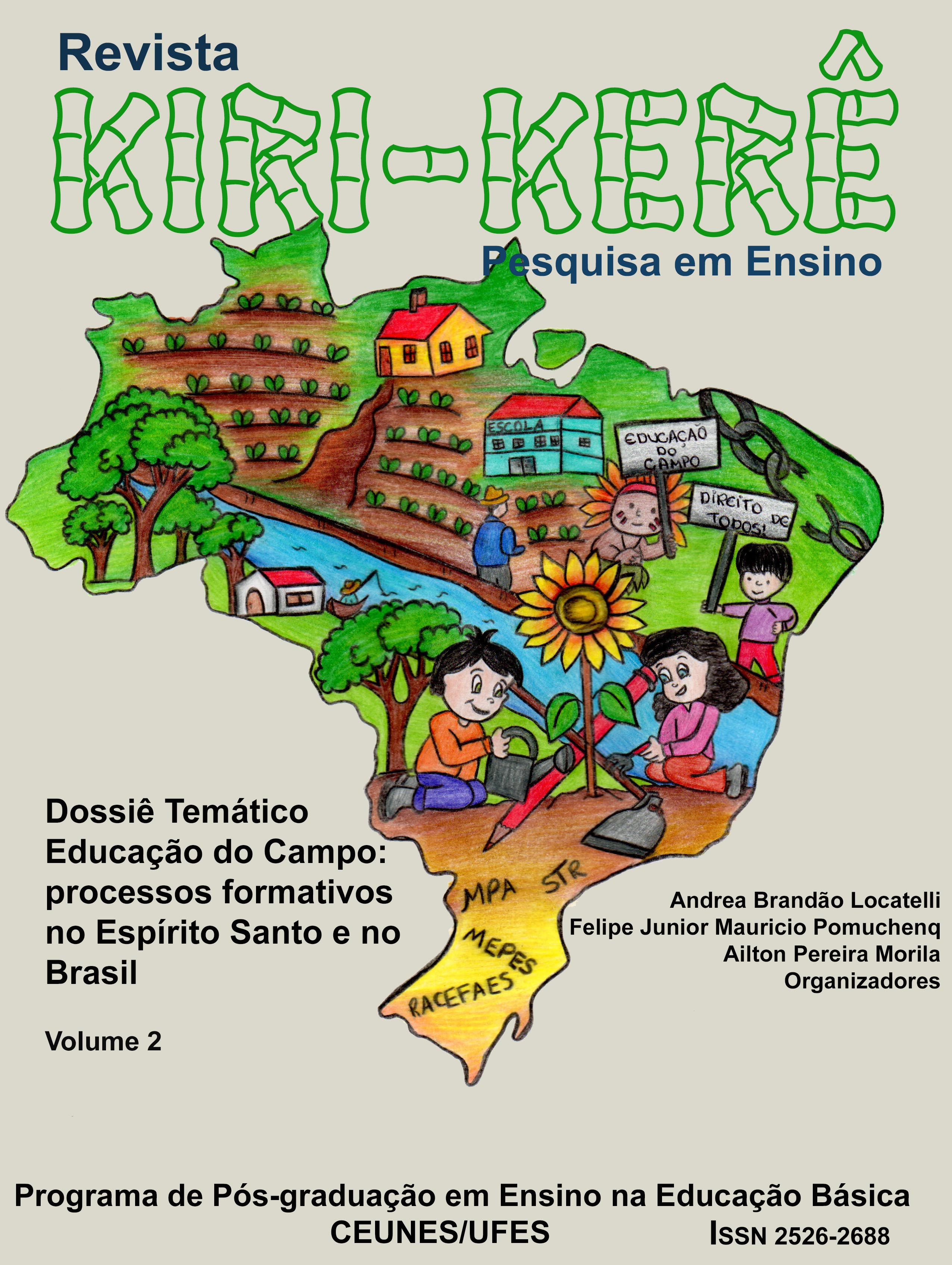Orientações coletivas e formação crítico-emancipatória dos estudantes do Curso de Licenciatura em Educação do Campo da UFES Campus Goiabeiras
Resumo
Trata dos processos de formação de educadores e educadoras do campo, com os estudantes da Licenciatura em Educação do Campo da Universidade Federal do Espírito Santo – UFES Campus Goiabeiras. Objetiva conhecer as orientações coletivas dos estudantes inseridos nos movimentos sociais do campo como o Movimento dos Trabalhadores Rurais Sem Terra - MST e Movimento dos Pequenos Agricultores - MPA – e os que não têm essa inserção. Busca identificar se o curso contribui com o processo de formação crítico-emancipatória dos matriculados. Participaram da pesquisa 12 (doze) estudantes, divididos em dois grupos, sendo: a) Grupo Fênix, sem inserção em movimentos sociais, composto por 05 (cinco) estudantes; e b) Grupo Perseguidores de Sonhos, inseridos em movimentos sociais, composto por 07 (sete) estudantes. Procura apresentar, a partir da análise dos dados produzidos por meio do formulário e grupos de discussão (WELLER, 2006; 2011), quais as orientações coletivas dos estudantes da Licenciatura em Educação do Campo. Para tanto, utiliza o Método Documentário, inicialmente elaborado por Karl Mannheim e reelaborado por Ralf Bohnsack (WELLER, 2005), como método de análise das narrativas. Identifica nos estudantes do Grupo Fênix uma orientação coletiva transformadora e no Grupo Perseguidores de Sonhos uma orientação coletiva militante-comunitária. Para análise comparativa utiliza-se, principalmente, dos constructos teóricos de Paulo Freire (1986; 1992) de diálogo, emancipação e empoderamento. O resultado mostra que o curso de Educação do Campo contribui na formação crítico-emancipatória dos estudantes.
Downloads
Publicado
Edição
Seção
Licença
Os autores aceitam, quando do envio de seus trabalhos, a cessão dos direitos editoriais dos mesmos.









